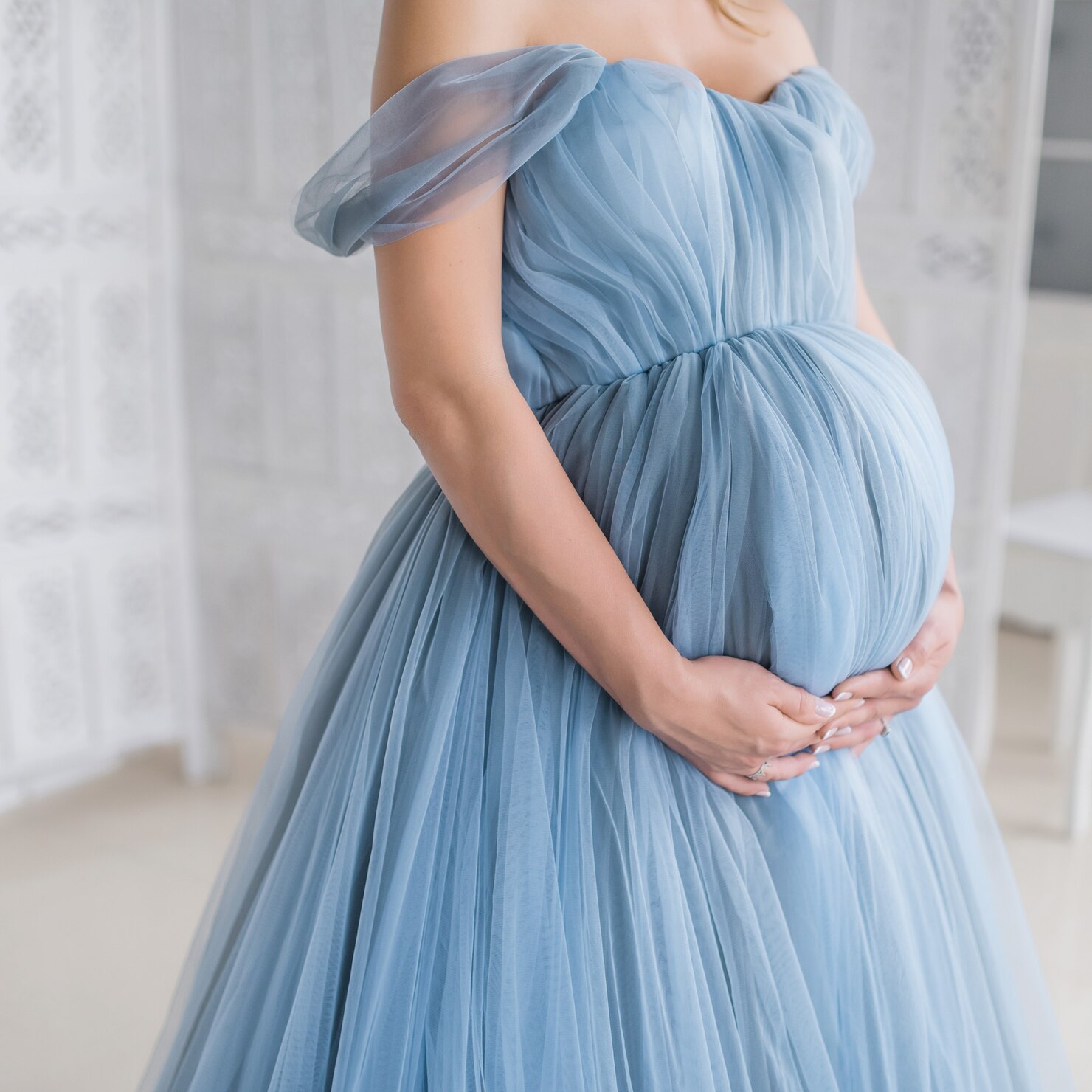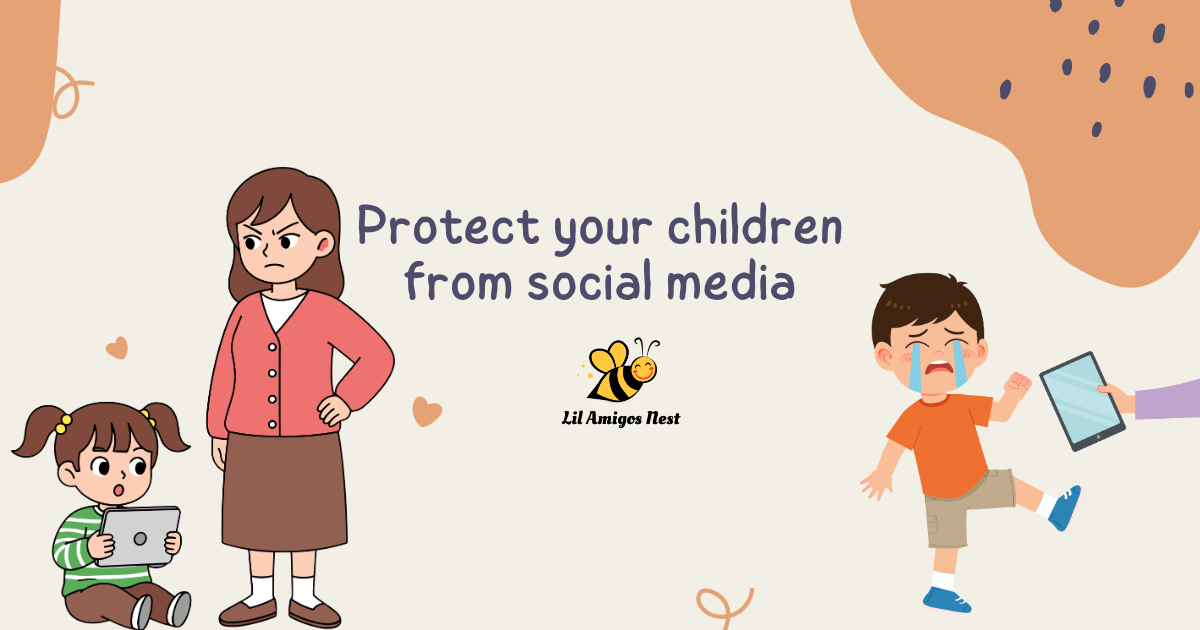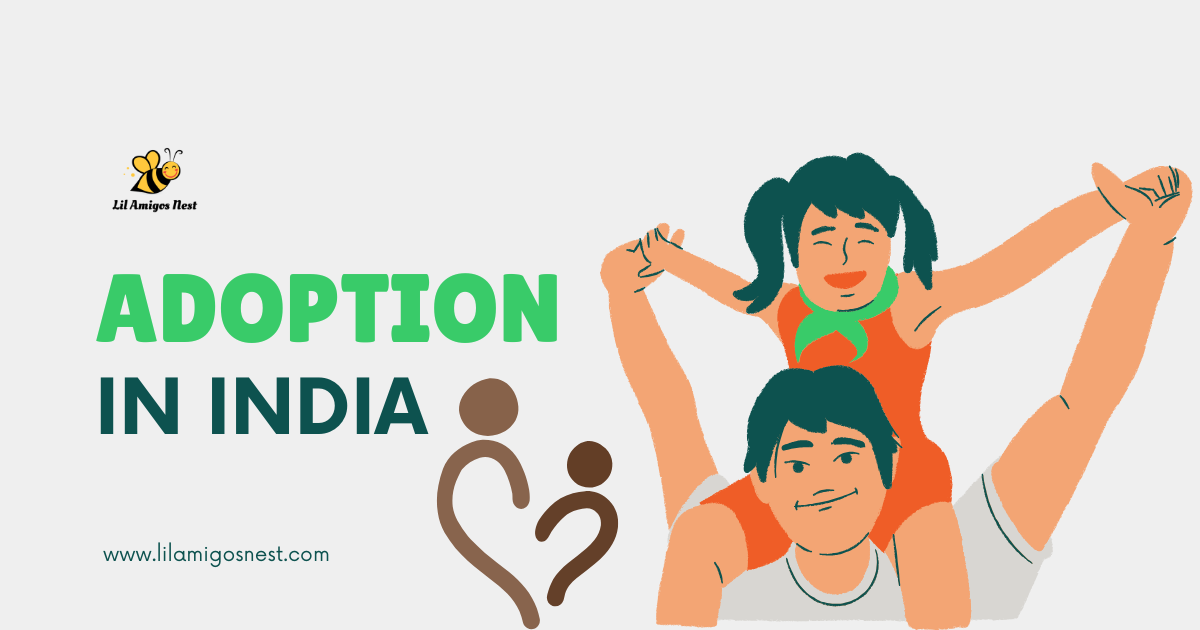Can Pregnant Women Drink Tea and Coffee?

Pregnancy is a beautiful journey filled with excitement, questions, and many lifestyle changes. One of the most common questions expectant mothers ask is, “Can I drink coffee during pregnancy?” or “Is tea safe during pregnancy?” While you might love your daily dose of caffeine, pregnancy requires you to be more mindful about what you eat and drink.
Understanding how tea and coffee affect your body during this time can help you make safer choices. Whether you are planning your pregnancy food chart, looking for pregnancy tips, or learning about foods to avoid during pregnancy, it is important to know how much caffeine is safe and what alternatives you can enjoy instead.
Understanding Caffeine During Pregnancy
Caffeine is a natural stimulant found in coffee, tea, chocolate, and even some soft drinks and energy beverages. It helps you feel alert and energetic. However, during pregnancy, your body processes caffeine more slowly. This means caffeine stays longer in your bloodstream, and a portion of it can cross the placenta to your baby.
Since babies cannot fully break down caffeine, high intake may affect their growth and sleep patterns. This is why doctors often recommend limiting coffee during pregnancy. It does not mean you must give it up completely, but moderation is key.
According to most health experts, including the World Health Organization (WHO) and the American College of Obstetricians and Gynecologists (ACOG), pregnant women should limit caffeine intake to 200 mg per day. That is roughly equal to one medium-sized cup of coffee or two cups of tea.
How Much Caffeine Is in Your Drink?
To make better choices, it helps to know how much caffeine different drinks contain:
| Beverage | Average Caffeine (per 240 ml / 1 cup) |
|---|---|
| Brewed coffee | 90–120 mg |
| Instant coffee | 60–80 mg |
| Black tea | 40–70 mg |
| Green tea | 20–45 mg |
| Herbal tea (depends on type) | 0–10 mg |
| Cola or soda | 30–50 mg |
| Dark chocolate (40g bar) | 20–30 mg |
If you enjoy your morning coffee, that is okay. Just limit it to one cup and watch out for other caffeine sources throughout the day.
Is Coffee Safe During Pregnancy?
If you are wondering, “Can I drink coffee during pregnancy?” the short answer is yes, but in moderation.
Having one small to medium cup of coffee a day is generally considered safe. However, too much caffeine can increase the risk of dehydration, poor sleep, heartburn, and in some studies, a higher chance of low birth weight.
Here are a few smart pregnancy tips for coffee lovers:
- Stick to one cup a day – Choose a smaller mug instead of a large one.
- Avoid strong brews – Go for lighter roasts or dilute your coffee slightly.
- Switch to decaf occasionally – Decaffeinated coffee gives you the taste with less caffeine.
- Drink water often – Coffee is mildly dehydrating, so balance it with plenty of fluids.
- Avoid sugary or high-calorie coffee drinks – Skip whipped cream, flavored syrups, or sweetened cold brews.
Is Tea Safer Than Coffee During Pregnancy?
Tea is often considered a milder and safer choice. Many women switch from coffee to tea during pregnancy because tea generally contains less caffeine. But not all teas are safe.
Here is what you should know:
1. Black Tea
Contains moderate caffeine. One or two cups daily are usually fine, but avoid strong brews.
2. Green Tea
Has less caffeine and is rich in antioxidants, which can be beneficial. However, do not exceed two cups a day since too much can affect folate absorption, which is important for your baby’s development.
3. Herbal Teas
These can be caffeine-free and soothing, but always check the ingredients. Some herbs can trigger uterine contractions or affect hormones. Safe herbal teas include:
-
Ginger tea – helps with nausea and digestion.
-
Peppermint tea – relieves bloating and headaches.
-
Rooibos tea – caffeine-free and rich in antioxidants.
Avoid herbal teas with licorice root, sage, parsley, or hibiscus, unless approved by your doctor.
Foods and Drinks to Avoid During Pregnancy
While planning your pregnancy food chart, it is important to include nutritious foods and avoid items that may cause harm. Here is a quick list:
Foods to Avoid During Pregnancy
- Unpasteurized milk and cheese (may contain bacteria)
- Raw or undercooked meat, fish, or eggs
- High-mercury fish like swordfish, king mackerel, or shark
- Processed meats, unless cooked thoroughly
- Too much caffeine
- Sugary drinks and junk food
Healthy Drinks for Pregnant Women
- Water – Stay hydrated throughout the day.
- Milk – A Great source of calcium and protein.
- Fresh fruit juices – Especially orange, pomegranate, or coconut water.
- Homemade smoothies – With yogurt, banana, and spinach for extra nutrients.
Building a Balanced Pregnancy Food Chart
Your pregnancy food chart should focus on variety, balance, and nutrients. A healthy diet supports both your energy levels and your baby’s growth. Here is a simple example:
Morning: Whole-grain toast with peanut butter, a glass of milk, or a light coffee.
Mid-morning snack: A bowl of fruit or a handful of nuts.
Lunch: Brown rice, dal, vegetables, and curd.
Evening snack: Green tea or ginger tea with roasted chickpeas.
Dinner: Chapati, paneer curry, and salad.
Before bed: A warm glass of milk or herbal tea like chamomile.
Avoid skipping meals or drinking tea or coffee on an empty stomach. It can cause acidity and nausea.
Simple Pregnancy Tips for Tea and Coffee Lovers
Here are a few small but effective habits to help you enjoy your beverages safely:
- Track your caffeine intake. Keep a rough count of all sources, including tea, coffee, soda, and chocolate.
- Space out your drinks. Do not drink tea or coffee right after meals because it can reduce iron absorption.
- Switch to decaf or half-caf versions. Gradually reduce your caffeine instead of quitting suddenly.
- Opt for warm milk, fruit infusions, or barley drinks. They are soothing and safe alternatives.
- Stay hydrated. For every cup of coffee or tea, drink an extra glass of water.
Caffeine Alternatives You Can Try
If you miss your caffeine boost, here are some healthy replacements that are safe during pregnancy:
- Lemon water: Refreshing, hydrating, and boosts digestion.
- Coconut water: Natural electrolytes for energy.
- Herbal teas: Try chamomile for relaxation or ginger tea for nausea.
- Warm turmeric milk: Great for immunity and better sleep.
- Fruit-infused water: Add slices of orange, mint, or cucumber.
These options not only keep you hydrated but also add essential nutrients.
When to Talk to Your Doctor
If you experience any of these after drinking tea or coffee:
- Heart palpitations or rapid heartbeat
- Dizziness or nausea
- Trouble sleeping
- Increased acidity or stomach discomfort
It is best to consult your doctor. Every pregnancy is unique, and your doctor can guide you based on your caffeine tolerance, health, and medical history.
You do not have to completely give up your morning tea or coffee during pregnancy. The key is moderation and awareness. Limit caffeine to under 200 mg a day, choose lighter brews, stay hydrated, and maintain a nutrient-rich pregnancy food chart.
Pregnancy is not about strict restrictions but about balanced choices. If you ever feel unsure, talk to your doctor about what is best for your body and your baby.
Your journey should feel comfortable, not stressful. So sip smartly, stay healthy, and enjoy this special phase with confidence and care.
In summary:
- Coffee during pregnancy is fine in small amounts.
- Tea is a gentler alternative but should be chosen carefully.
- Always check your caffeine sources.
- Focus on balanced meals and hydration.
- Follow simple pregnancy tips to make every sip a safe one.























Please complete your information below to login.
Sign In
Create New Account